Keynote & Representative Talk
Keynote Speakers
Keynote 1: Panel Discussion “Experiential Learning Supports Diversity Education”, 10:30-11:30, August 17, 2020
Coordinator: Makoto KAGETO, Nihon Fukushi University, JAPAN
We welcomed three people who have challenged this kind of research in the fields of international cooperation and advanced technology.
We would like to share their talks and latest efforts charting future directions.
1. New communication methods.
What kind of new skills should students acquire when the figures of information transmission change? How to utilize online or face-to-face meetings.
2. Comparison of “School Knowledge”, learned only at school, and “Active Knowledge”, gained through experiential learning.
3. How can we stimulate collaboration to activity facing diversity of participants?
Panelists
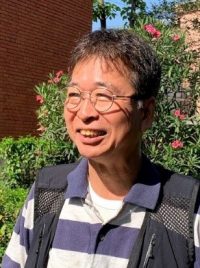
Kenichi KUBOTA
Kansai University, JAPAN
Professor emeritus
Inter-University Collaborative Project at Teacher Training College in Cambodia
I would like to introduce a unique international project in which students from three universities collaboratively participated for improving instructional methods at the teacher training college in Cambodia. The unique features are the followings:
(1) Diversity ・・・The universities are in three big cities in Japan. Students have different majors and ages.
(2) Experiential・・・The project is action research oriented. The students experience more than one cycle on intervention.
(3) Communication・・・Hybrid communication by face-to-face and the Internet is necessarily to achieve their mission.
(4) Social emotional skills・・・The students develop social emotional skills by working in the project to overcome hindrances. Agency is the key to nurture the skills.
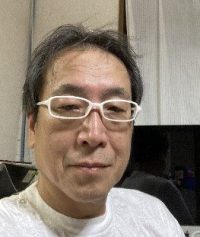
Go ASAKAWA
Ritsumeikan Junior & Senior High School, JAPAN
International Coordinator
To establish a new style of an international program by “RitsMentor Online Discussion Event 2020”
Focus : RitMentor Online Discussion Event 2020
Objective : To open up this closed world to establish a new relationship with students(people) living in different countries and regions with whom to share common ideas through a fun and exciting event including five meetings on Sundays.
I would like to introduce a new approach through ICT to open up this closed situation under coronavirus pandemics and to restart a new type of international students’ exchange program, by which we can not only improve their English and ICT skills more than that of a regular meeting in person, but could expand their potential and possibilities by inspiring their imagination and inquiring minds, to find another possibilities for the future.
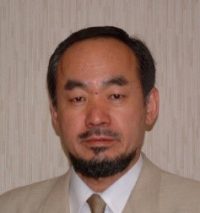
Makoto KAGETO
Nihon Fukushi University, JAPAN
Affiliate Professor
EDU-Port Project “ICT skill seminar” via advanced Technology
EDU-Port Japan is the Education Ministry Project, public-private initiative to disseminate Japanese-style education overseas. From 2016 we have been involved in this project.
This year, our proposal was approved as the pilot project in Cambodia. Its keywords are “ ICT education with effective media utilization”.
In 2020. we are devoted to “Development of ”Home-learning Contents” in Cambodia with two universities implementing SDGs-4 and Learner-Centered ICT education”
Our consortium is focusing on enhancing English learning methods at the Phnom Penh Teacher Education College and Siem Reap Teacher Training College. We show how ICT can be used for group-work and interactions through hands-on training sessions. We also expect Japanese schools will join this project under the banner of SDGs4 by sharing some online contents.
Keynote 2, 15:30-16:30, August 18, 2020
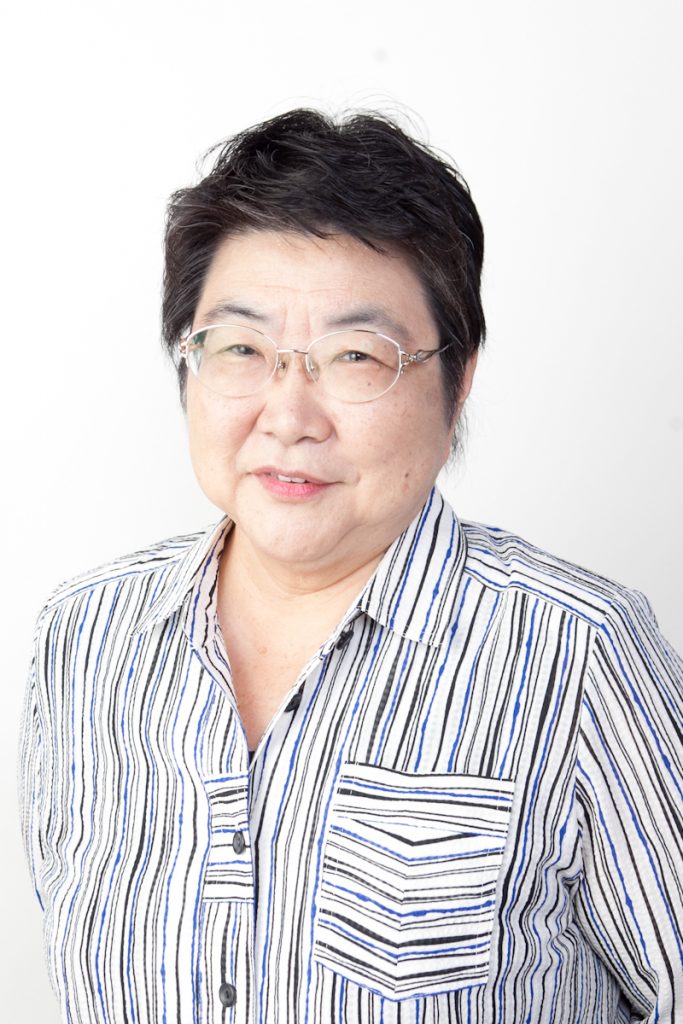
Judy NOGUCHI
Professor emerita, Kobe Gakuin University, JAPAN
The search for new normals in education from 2020: Focus on language for specific purposes
The year 2020 will mark a significant change in human history in the aftermath of the global COVID-19 pandemic—this might be a blessing in disguise. In Japan, as we try to control the virus and resume classroom schooling with cautions about keeping social distance, we realize that we can never return to what we had long thought of as “normal.” After a three-month shutdown of schools and universities in Japan and the shift to online classes for the new academic year (which should have begun in April), we need to think about what kind of education we should offer to students. What will be the “new normals”? It is time for a paradigm shift from a 20th century education system that basically tried to fit students into a set learning program rather than tailor the program to the student. One key to helping us address the diverse needs of diverse students is technology. As an example of how this might be done, I will focus on English language education for science and technology professionals in a foreign language environment. Specific language and communication skills are crucial for enabling participation in the knowledge construction of a professional global discourse community. Suggestions will be offered as to how this could be done.
Representative Talk Speakers (Closing Remarks)
Japan Association for Educational Media Study (JAEMS)
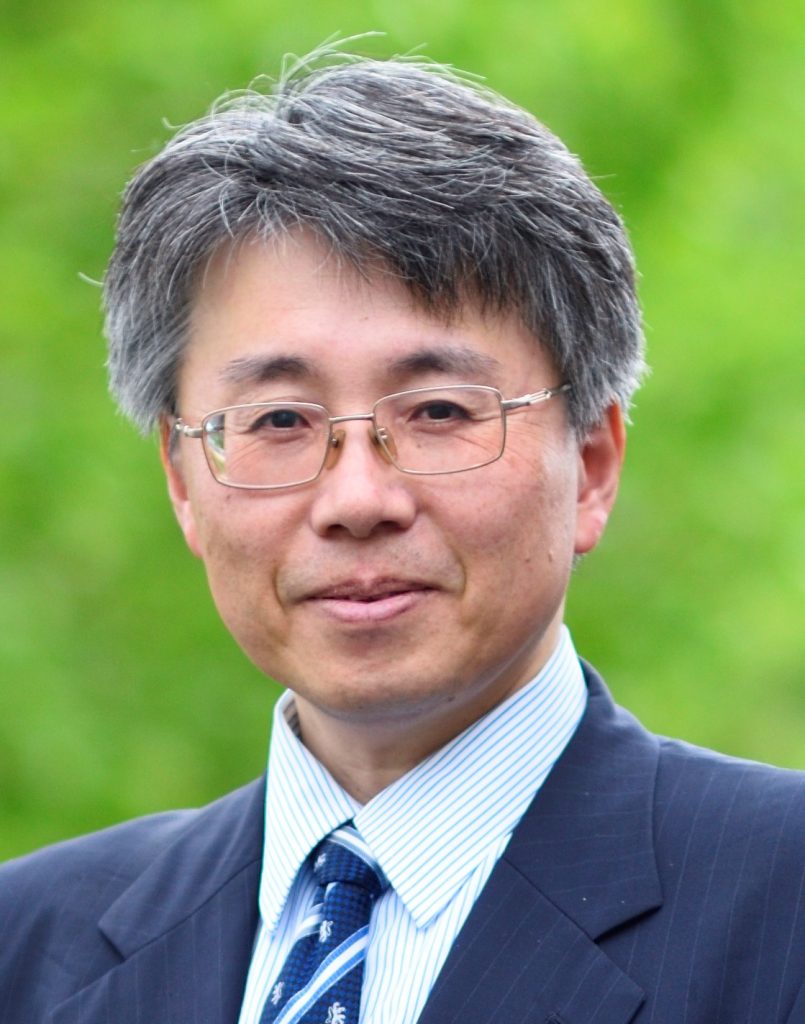
Wakio OYANAGI
Professor, Kansai University, JAPAN
President of Japan Association for Educational Media Study (JAEMS)
The Korean Association for Educational Information and Media (KAEIM)
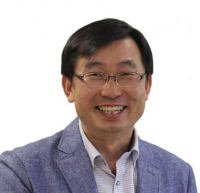
Wooyong Eom
Professor, Keimyung University, SOUTH KOREA
President of Korean Association for Educational Information and Media (KAEIM)
China Association for Educational Technology (CAET)
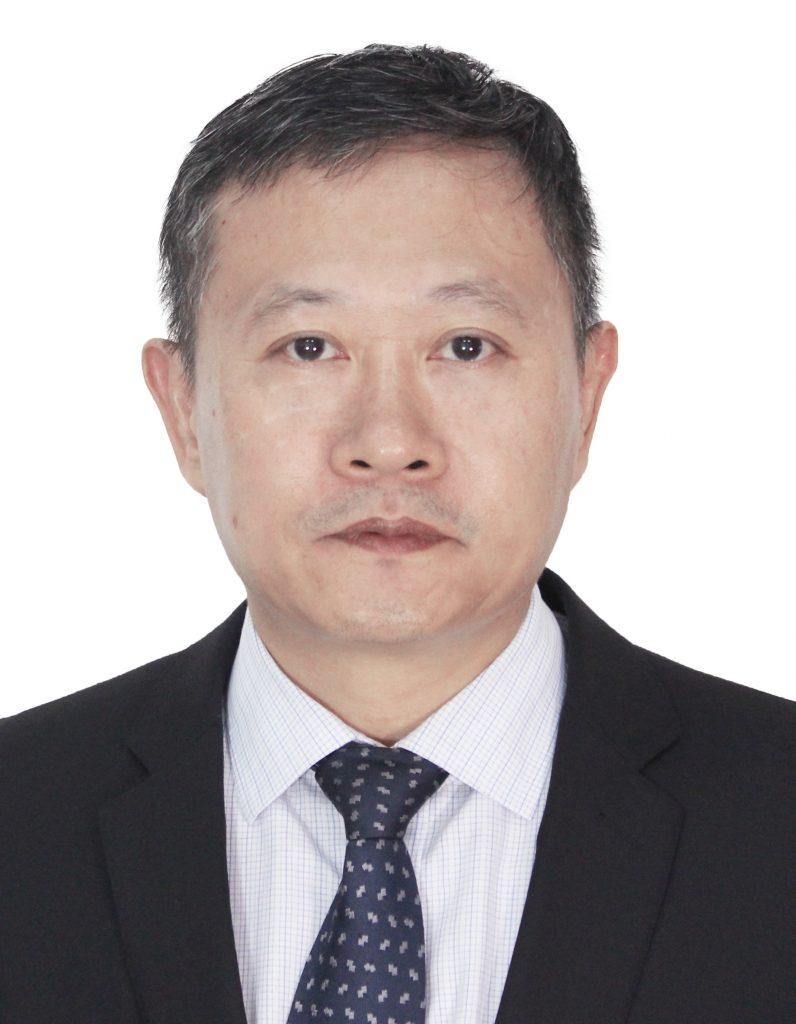
Jianhua ZHAO
Professor, Southern University of Science and Technology, CHINA
Representative of China Association for Educational Technology (CAET)
Teaching, Colleges and Community (TCC)
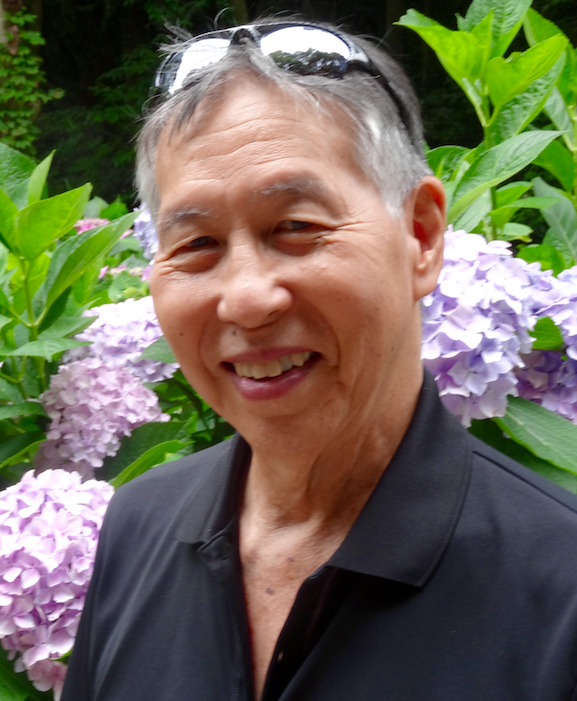
Bert KIMURA
Professor emerita, University of Hawai’i at Manoa, USA
Co-Chair of Teaching, Colleges and Community (TCC)
